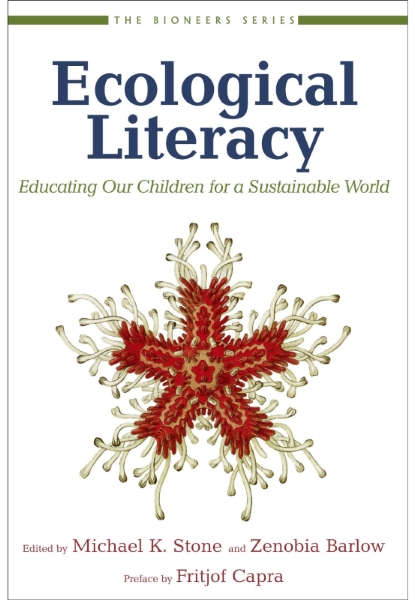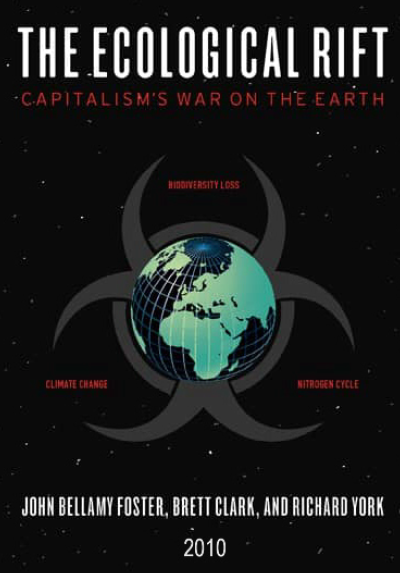
As stated in the Open Letter of 65+ student associations from 30+ countries, “it is not only the world economy that is in crisis. The teaching of economics is in crisis too, and this crisis has consequences far beyond the university walls.”
Is the mainstream theory of economics taught at most economy departments a real science in the service of whole humanity (including future generations), or a pseudo science of money-making (chrematistics) that serve to the narrow interests of greedy corporations and their investors?
Let’s review the definitions before asking the 5 essential questions:
Chrematistics: The art (and pseudo science) of making money, often at all costs to nature and humanity (money justifies everything!)
Economy (oikos+nomia): Home, habitat or living space (Lebensraum) management; management of livelihood and sustenance (see: Oikonomia: Bringing the economy back to the Earth by Vandana Shiva)
Economics: A social science that deals with the production, distribution, consumption [and recycling] of goods and services. Note: Nature (i.e. living ecosystems like oceans, forests, lakes and rivers) is the primary producer and recycler. The term “recycling” is ignored in most formal definitions of economics.
Another common definition of economics:
Economics: Study of how society uses its limited [and unlimited] resources. Note: History shows us that seemingly unlimited resources like clean air or water may easily become limited within time, or vice versa. So, economics must consider all kinds of resources (living and non-living, limited and non-limited, considering complex and dynamic relationships and cycles) with a long-term view into the past and future. Economics cannot be reduced to money, market and exchange of monetary goods and services.
Are departments of economics, as departments of public universities, public schools, or just business & finance schools in the cloak of public school? If all mainstream (neoclassical, orthodox) economists develop policies for the narrow and short-term interests of business & finance, who will develop policies for the sustainable well-being of the society?
These are the five essential questions that must be asked to economics departments of every university:
(1) What lectures, seminars and other activities do you offer to undergraduate students in order to cultivate ecological literacy?
This question is extremely important because there is no sustainability without ecological literacy.
For example, lectures like biology or ecology, agroecology, evolutionary (biological & cultural) anthropology, history of civilizations including lifestyles and relationship with nature, general wildlife and ecosystem knowledge (forests, oceans, coral reefs, rivers & lakes etc.) history of economic thought including unorthodox schools like ecological economics…
What is ecological literacy?
In this article by Bill Graham, you may find a nice and neat one-sentence definition of ecological literacy:
To be ecoliterate means understanding the principles of organization of ecological communities [i.e. living ecosystems including humans], collaboration, and using these principles for creating sustainable human communities.
Here is a highly recommended book about ecological literacy:
Ecological Literacy: Educating Our Children for a Sustainable World

